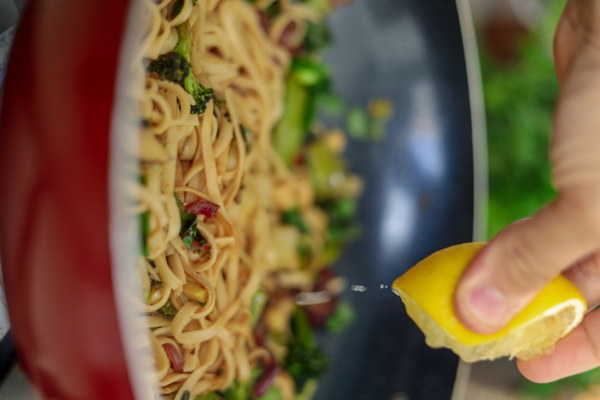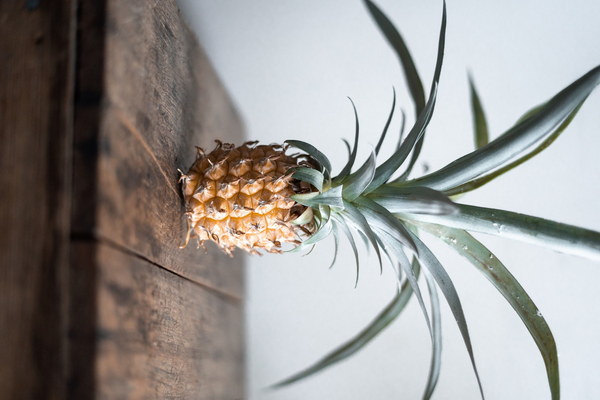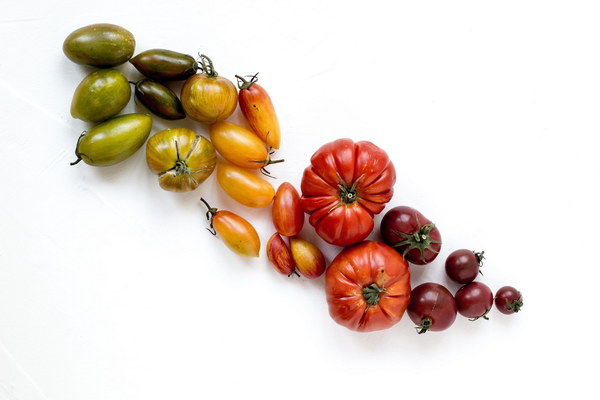Harmonizing the Liver A Traditional Chinese Medicine Perspective on Liver Tonification
In Traditional Chinese Medicine (TCM), the liver plays a crucial role in maintaining the balance of the body's internal and external environments. Known as the treasure house of life, the liver is responsible for blood circulation, emotion regulation, and the detoxification process. When the liver is out of balance, it can lead to various health issues. This article explores the concept of liver tonification in TCM, focusing on its diagnostic approach and treatment methods.
I. The Liver in TCM
The liver, in TCM, is closely associated with wood element, which represents growth, development, and flexibility. It governs the storage and circulation of blood, ensuring that every part of the body receives adequate blood supply. Additionally, the liver is responsible for the smooth flow of Qi (vital energy) and the regulation of emotions.
II. Diagnostic Approach

TCM practitioners use a comprehensive diagnostic approach to assess the liver's condition. This approach includes the examination of the patient's pulse, tongue, and overall physical and mental condition. The following are some common patterns of liver disharmony:
1. Liver Qi Stagnation: This pattern is characterized by emotional disturbances, such as irritability, anger, or depression. Physical symptoms may include abdominal pain, bloating, and menstrual irregularities.
2. Liver Yang Rising: This pattern is marked by high blood pressure, headaches, and redness of the face. It is often associated with excessive anger or stress.
3. Liver Blood Deficiency: This pattern is characterized by weakness, fatigue, dizziness, and blurred vision. Women may also experience amenorrhea or heavy menstrual bleeding.
4. Liver and Gallbladder Damp-Heat: This pattern is associated with symptoms such as jaundice, irritability, and skin rashes.
III. Liver Tonification in TCM
Liver tonification in TCM aims to restore the liver's balance and function. This can be achieved through various treatment methods, including herbal medicine, acupuncture, diet, and lifestyle adjustments.
1. Herbal Medicine: TCM herbal formulas are designed to address specific liver disharmony patterns. Some commonly used herbs include:
- Bupleurum (Chai Hu): Helps to alleviate liver Qi stagnation and emotional disturbances.
- Scutellaria baicalensis (Huang Qin): Clears heat and cools the liver, beneficial for liver Yang rising and damp-heat patterns.
- Rehmannia glutinosa (Shu Di Huang): Tonifies liver blood and nourishes the liver yin.
2. Acupuncture: Acupuncture can help to unblock the liver's Qi and restore its function. Specific acupuncture points are selected based on the patient's unique condition.
3. Diet and Lifestyle Adjustments: A balanced diet rich in fruits, vegetables, and whole grains is recommended. Avoiding excessive alcohol, caffeine, and spicy foods can also help to support liver health. Regular exercise and stress management techniques, such as meditation or yoga, can further enhance the liver's function.
IV. Conclusion
In conclusion, liver tonification in TCM is a holistic approach to treating liver-related disorders. By understanding the liver's role in the body and employing a combination of herbal medicine, acupuncture, diet, and lifestyle adjustments, TCM practitioners can help patients restore their liver's balance and improve their overall well-being. Embracing the wisdom of TCM can lead to a healthier, more vibrant life.









